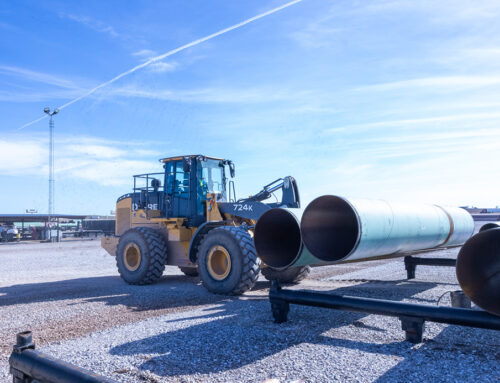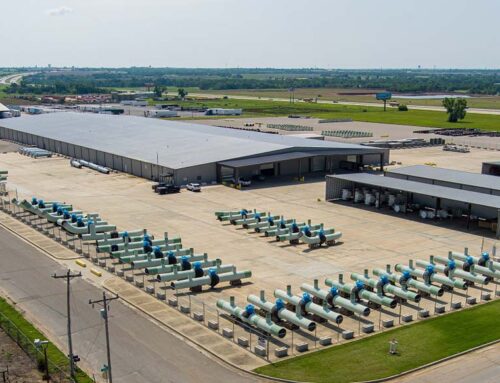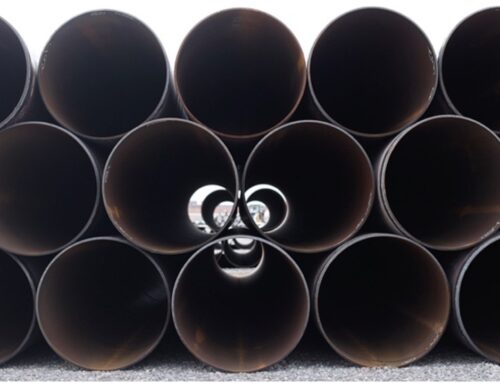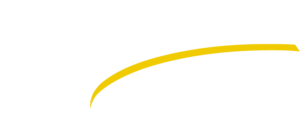Third Party Inspection for Surplus Pipe
Usually, when you’re talking about surplus materials, the products have been sitting in stacks for an extended amount of time, maybe even years. That doesn’t mean they shouldn’t be used, and they might even be the perfect fit and will reduce your project cost and timeline at the same time. There are many benefits to using immediately available surplus materials, and third-party inspection can confirm the quality of any pipe for pressurized projects.
In this article, we’ll discuss how ARS Global protects and confirms the quality of Re-Sourced pipeline materials through third-party inspections. These inspections focus on a variety of elements such as traceability, steel quality, and coating quality.
The Importance of Traceability
For gas transmission lines, the Pipeline and Hazardous Materials Safety Administration (PHMSA) mandates traceable, verifiable, and complete (TVC) records for pipeline materials. Liquid lines must follow similar standards. TVC records can include:
- Welding reports
- Material Test Reports (MTR)
- Project documentation
- Identification of pipeline materials (i.e. stencil on a pipeline)
TVC records for surplus assets confirm that all materials meet safety standards. Our team of surplus experts always keeps documentation on hand, so that relevant information is readily available.
In addition to responsible and comprehensive record keeping, third party inspectors can also provide valuable insight into asset quality. By bringing in an external perspective, third-party inspectors can confirm and identify details like heat number, pipe number, and legible stencils. With this knowledge, you’ll know exactly what materials are unacceptable and should be rejected for removal.
Assessing Steel Quality
When it comes to properly assessing the quality of steel, several factors come into play here. Confirming steel quality requires a thorough inspection of the pipe materials. During this type of inspection, the physical and dimensional specifications of the material will be checked.
To meet the standards of the American Petroleum Institute (API) specifications, the material of the pipe must meet certain chemical and physical requirements. These details help inspectors to confirm the grade of the material and include the following attributes:
- Ovality
- Squareness
- Bevel angles
- Pitting inspections
Checking for these qualities is vital because pipe can endure stress over time. This is especially true when pipe are stacked together for a long period of time, as the material can become susceptible to the stress of the resulting pressure from the stack. A third-party inspection can tell if the pipe has been compromised from prolonged exposure to stress.
Evaluating Coating Quality
The coating of a pipe is an essential part of its integrity because it offers protection against environmental factors and ensures the longevity of the material.
Pipe that’s been stored for a project, especially if it was stored long term because of delays or cancellations, can be susceptible to coating damage. Such issues can occur for a variety of reasons like:
- UV damage
- Water immersion
This is why it’s also important to maintain a clean, well-managed yard. Keeping an organized yard of inspected pipes ensures that only approved materials are available for use. Knowing what is in stock and the condition of what’s in the yard helps to ensure that all your pipes meet safety standards and regulations, which makes it easier to spot and remove anything made of problematic material.
The Stripping and Recoating Process
If you find that any pipe does not meet the API’s specifications, then stripping and recoating the material is a possible solution. ARS Global provides turnkey support for the essential stripping and recoating process, ultimately resulting in a product that is restored to meet industry standards. Our experts can check for the following:
- Thorough inspection during the stripping process.
- Ensuring no chlorides are present, as they can cause bonding failure.
- Applying new coating according to API/NACE standards.
- Re-inspecting the coating to ensure it meets quality standards.
- Detailed records of the stripping and recoating process.
- Sending samples to labs for testing in addition to visual and physical inspections.
Laydown Inspections
Inspection doesn’t stop after removing the pipe from the yard. When pipes arrive at the construction site, they are inspected again to ensure no damage occurred during transportation. This is crucial to prevent compromised pipes from being installed.
Using Surplus with Confidence
Maintaining the integrity of pipelines requires steadfast attention to certain details of a pipe’s material. Traceability, steel quality, and coating quality are just a few of the factors that a third-party inspection can check for to confirm a pipe is up to standard. ARS Global uses these inspections to confirm that all surplus product is of the same quality as newly manufactured materials and immediately ready for use.
Getting a thorough inspection from a certified professional will allow you to adhere to current regulations, ensuring the safety and reliability of the nationwide pipeline network. ARS Global can help you with this process by providing the expertise and services that are needed to uphold these pipeline standards.






